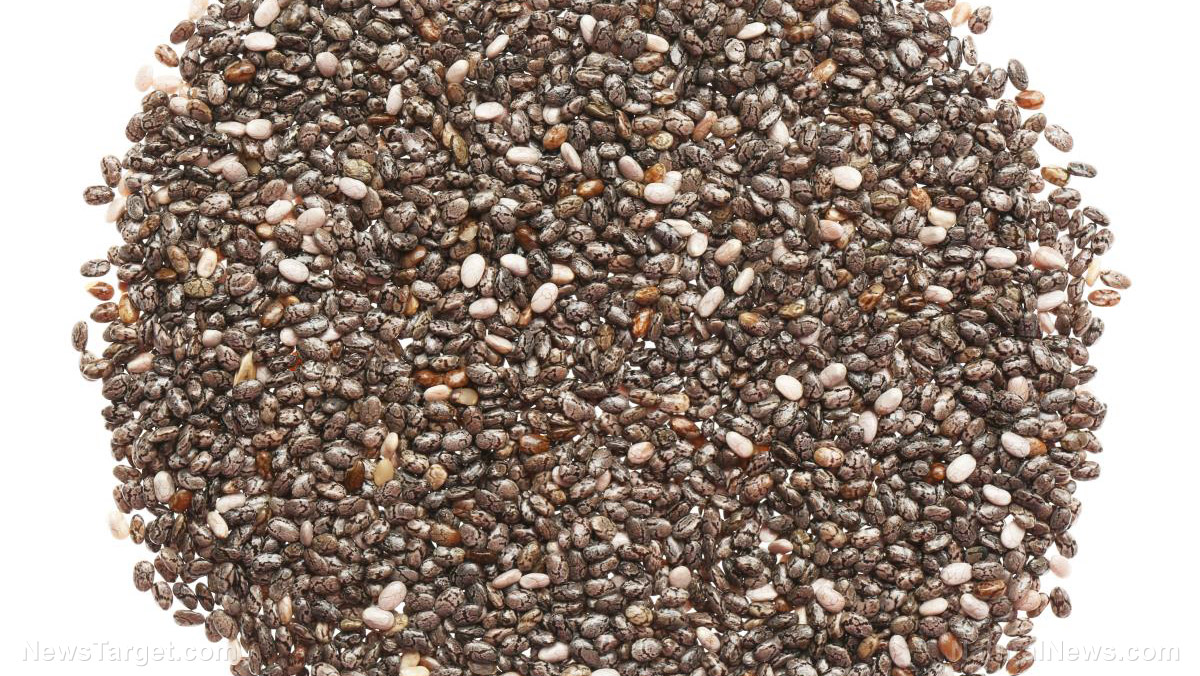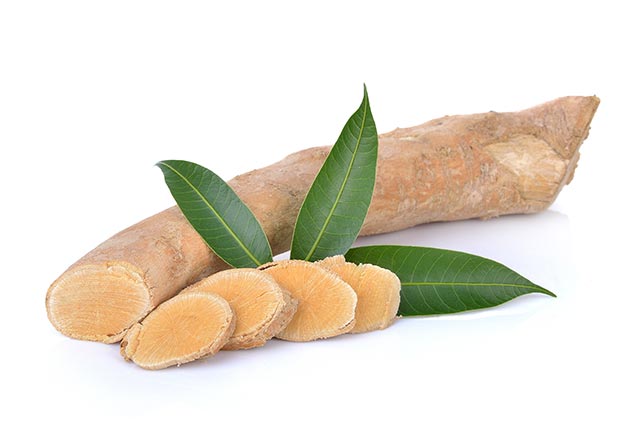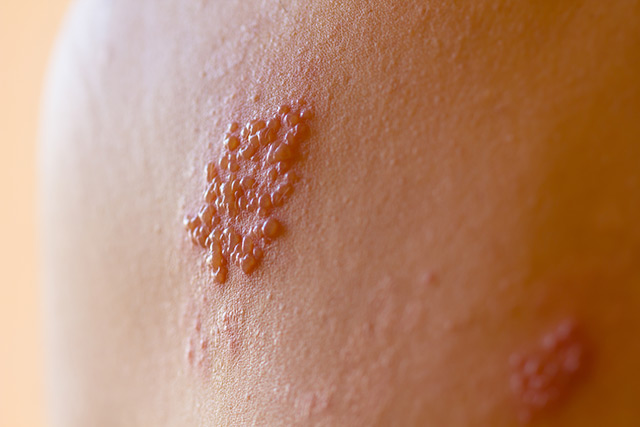Glucomannan is a natural dietary fiber that promotes gut health for individuals who follow a high-fat diet, reveals study
05/09/2019 / By Zoey Sky

Glucomannan is a water-soluble dietary fiber that comes from natural sources such as lily bulbs or konjac. According to a study, glucomannan can also promote gut health in people who follow a high-fat diet.
The study was published in the journal Nutrition Research and it was conducted by researchers from the Institution of Life Sciences and Nutrition and Fuji Women’s University in Japan.
Glucomannan’s effect on gut health
For the study, the researchers conducted tests on male Sprague-Dawley rats to determine glucomannan’s effects on colonic alkaline phosphatase (ALP) activity and gene expression.
In an earlier study, the researchers discovered that consuming lily bulbs, which contain high levels of glucomannan, helped modulate gut microbiota. It boosted the production of gut immunoglobulin A (IgA), an index of intestinal immune function, and mucins, an index of intestinal barrier function. It also elevated ALP activity in rats that were given a high-fat diet.
ALP is an enzyme found in several tissues all over the body. The cells that make up the bone and the liver contain the highest concentrations of ALP. Elevated levels of ALP in the blood are usually caused by liver disease or bone disorders.
The researchers confirmed that small intestinal ALP has a protective effect against inflammatory diseases. They added that not much is known about the function of colonic ALP activity.
They hypothesized that dietary glucomannan can enhance colonic ALP activity and gene expression in rats fed a high-fat diet.
They first fed rats a diet made up of 30 percent lard with or without 4 percent high or low viscous glucomannan (HGM or LGM) for a period of two weeks.
They found that after receiving dietary HGM and LGM, colonic ALP activity significantly increased in the subjects. Consumption of glucomannan did not affect ALP activity in the small intestine.
Additionally, they found that the colonic expression of IAP-I, an ALP gene expressed throughout the intestine, was higher in the HGM and LGM rat groups than in the control group.
On the other hand, the colonic expression of other ALP genes (Akp3 and Alpl) remained the same even after the rats received HGM and LGM.
Dietary HGM and LGM significantly increased the fecal levels of IgA, mucins, and cecal organic acids (e.g., lactate, n-butyrate, and propionate). The rats’ colonic ALP correlated with their fecal IgA, mucins, and cecal organic acids levels.
Based on these results, the researchers concluded that dietary glucomannan can increase colonic ALP activity via the up-regulation of IAP-I. They believe that intake of the dietary fiber glucomannan can protect gut epithelial homeostasis and maintain gut health.
What is glucomannan?
Glucomannan is a natural, water-soluble dietary fiber that can be extracted from the roots of the elephant yam or konjac. The dietary fiber can also be found in lily bulbs.
Glucomannan is used as a supplement. It can also be added to drink mixes and food products like pasta and flour. Glucomannan is also one of the most viscous dietary fibers.
Like other soluble fibers, glucomannan is believed to promote weight loss due to the following reasons:
- Glucomannan is very low in calories.
- Glucomannan takes up space in the stomach, which promotes satiety or a feeling of fullness. This can help reduce food intake. (Related: What you need to know about glucomannan and its usefulness as a weight loss supplement.)
- Glucomannan delays stomach emptying, which also makes you feel full.
- As a soluble fiber, glucomannan reduces the absorption of protein and fat.
Visit NaturalCures.news to learn more about glucomannan and other natural remedies that promote digestive health.
Sources include:
Tagged Under: alkaline phosphatase, alternative medicine, Amorphophallus konjac, diet, dietary fiber, digestive health, food cures, food is medicine, functional food, glucomannan, gut homeostasis, herbal medicine, Herbs, high-fat diet, immune system, konjac, lily bulbs, natural cures, natural medicine, nutrition, remedies, research, supplements



















